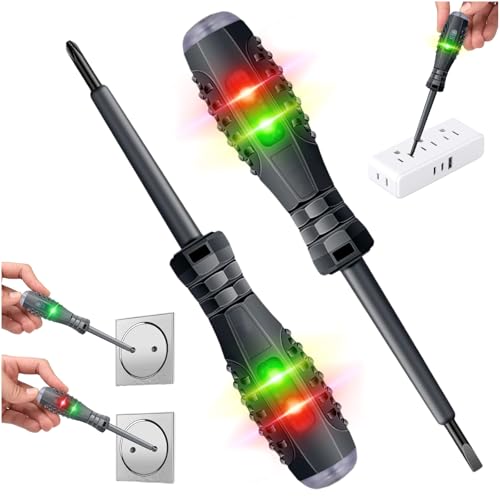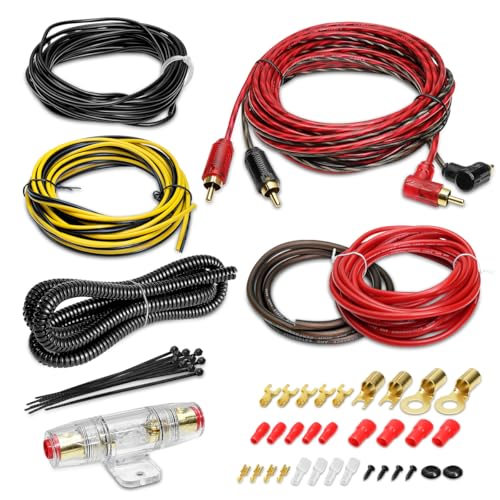I think NAPIT have got it right. More than 2381 - which anyone with good referencing skills can pass - but a chance to learn, commit and get qualified with a yearly inspection to check all is well. So what if it's open book - I'm not adverse to looking in the book when I need to! Better than guessing!
I'm more disturbed by electrical firms employing people with no qualifications whatsoever - but the supervisor signing off their work without even seeing the job. It happens more than we would like to admit. These unsupervised so called electricians have the credibility of years on the job - but essentially no comprehension or training in what it's all about!
Just a different side of the coin!
With respect I think you may be missing my point Dave.
I don't think Napit have it right at all. You have used yourself as an example, but you're one of those that had experience of the electrical trade. I know of at least two Napit full scope members here in Norfolk who had no experience of the trade whatsoever. They went to Napit and effectively took 2381 and 2391 and then they went out to work after 7 days. Are you telling me this is right and proper? The course I'm referring to was once called the Napit 'trade test'. It was designed for electricians that had no formal qualifications, but had experience. It was a way of getting them approved over a short period of time. These guys already knew how to wire ring mains, lighting circuits etc. At the end of the course they had qualifications to go with their experience, this I agree with fully. With regard to the NA2391 being open book and multiple choice again I disagree. People undertaking 2391 should have an underpinning knowledge of their trade in order to stand a chance of passing this exam. That said I agree that we all have to look at the book some times, but that's when you're on site, not in a school or exam room when you should have taken time to revise and cram for the subject material.
Let me make a comparison for you.
You have a loved one who is very ill and needs an operation. You go to a surgeon to talk about the operation and you trust them. What if that person wasn't a fully trained and experienced surgeon but had read a few books and asked questions on a friendly surgeons forum. How would you feel about letting them operate on your loved one? That would never happen you say, but it could and I believe it has been known for people to get into such jobs with fake qualifications.
You go to a garage to have your car repaired, you put your trust in the mechanic who you assume will do a good job and is experienced or at least has experienced mechanics supervising him/her. Instead you get someone who read a Haynes manual for 7 days. Would you be happy with this?
You let someone into your home to work on something that can kill you, you expect them to be fully conversant with what they are working on and have sufficient experience and qualifications not just one or the other.
All through the years trades have had masters and apprentices. I'm not saying that everyone should serve an apprenticeship, I know that isn't practical. What I am saying is that people should at least have some experience or be supervised until they can work on their own. Napit haven't got it right, they are abusing the system. For the people I described earlier, they should have to do some PRACTICAL training not just theory, then they will have both experience and qualifications.
I agree with what others have said, I think it's good that people come here and ask questions, however simple. In fact I admire them, but I have to also admit, that some of the questions that get asked concern me as they are being asked by people who are already practicing electricians, but working on their own. What other things are they doing that they're not asking questions about? I'm not trying to upset anyone here, I'm giving an opinion and as I've said before, I don't blame people for taking advantage of a corrupt system. The only ones in the wrong here are the scheme providers. ALL OF THEM! Please understand I maybe know a little more about this than the rest of you because I've made it my business to look deep into it.
































































